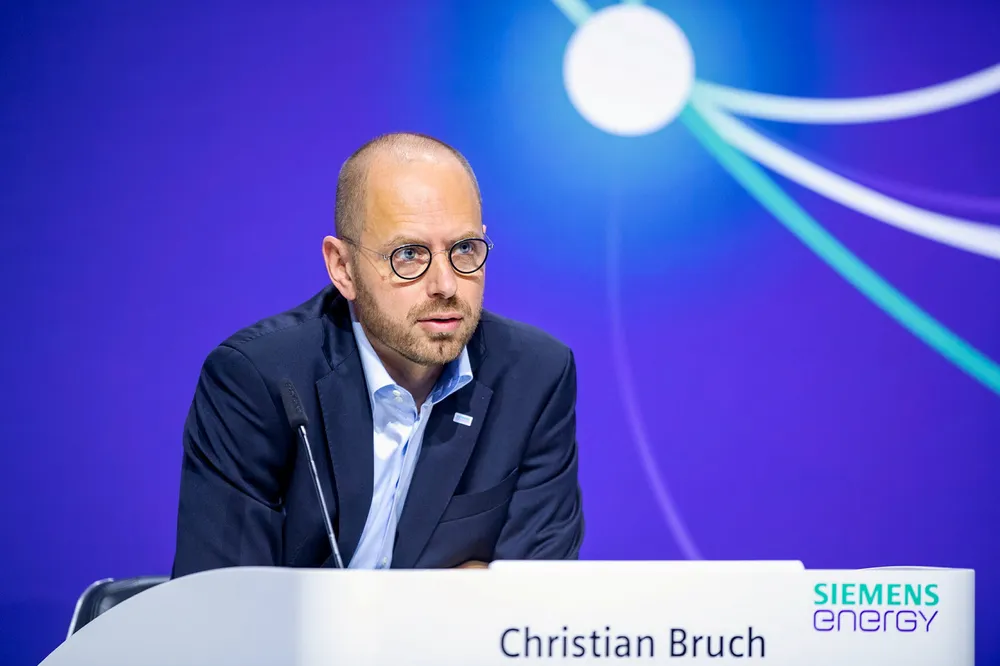Siemens Energy bags $16bn in guarantees from German government, banks and former parent company
Berlin justifies the indirect state aid by saying the electrolyser and turbine maker is important for Germany's energy transition

Berlin justifies the indirect state aid by saying the electrolyser and turbine maker is important for Germany's energy transition
